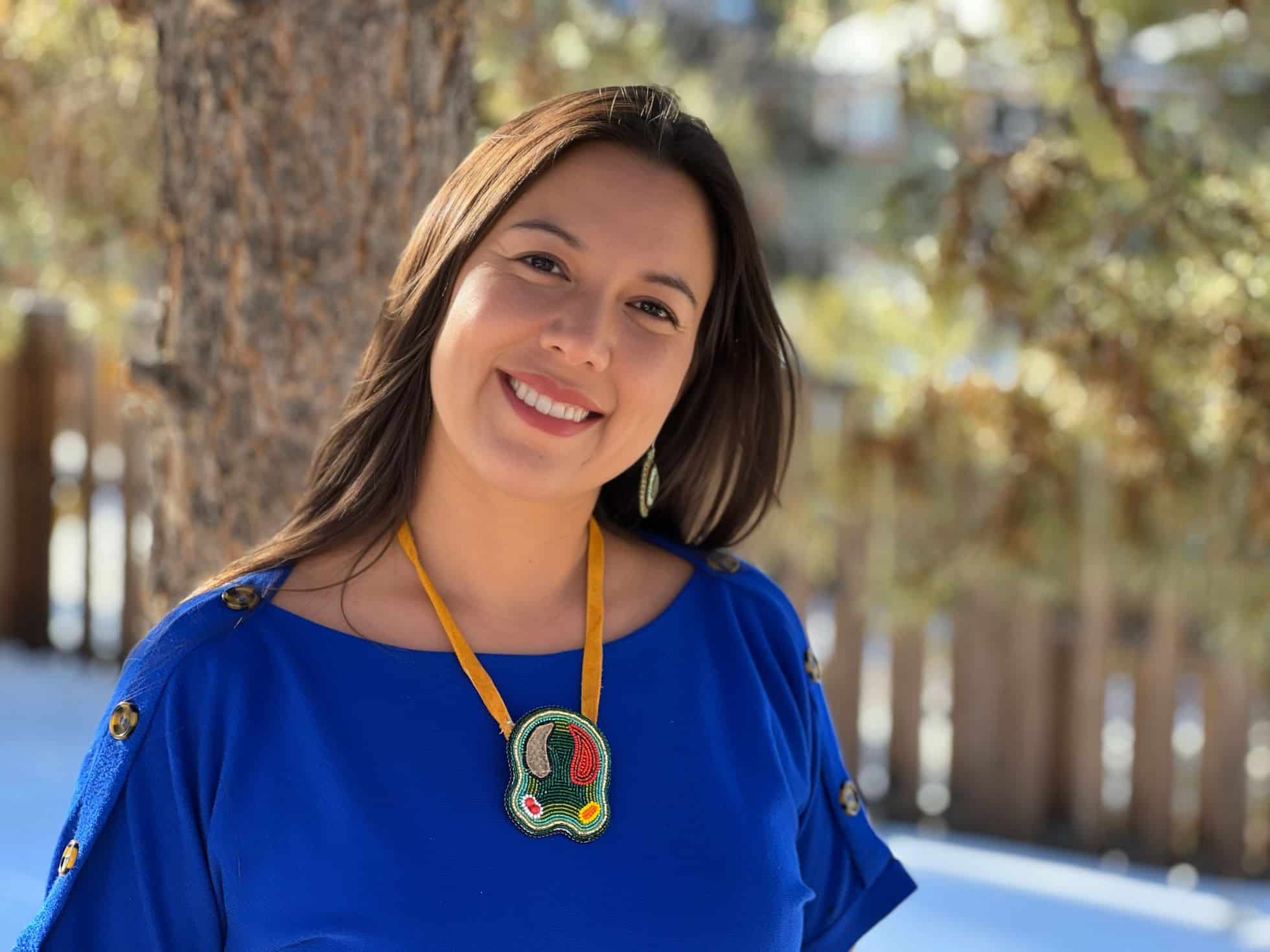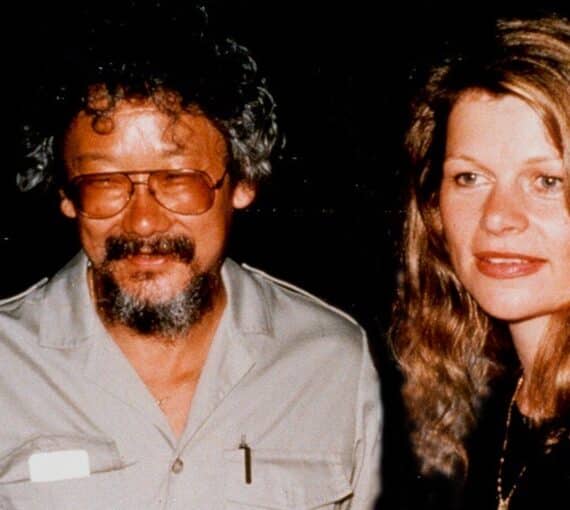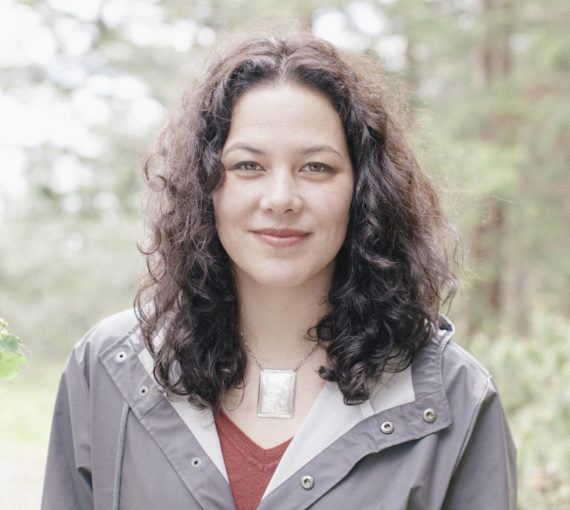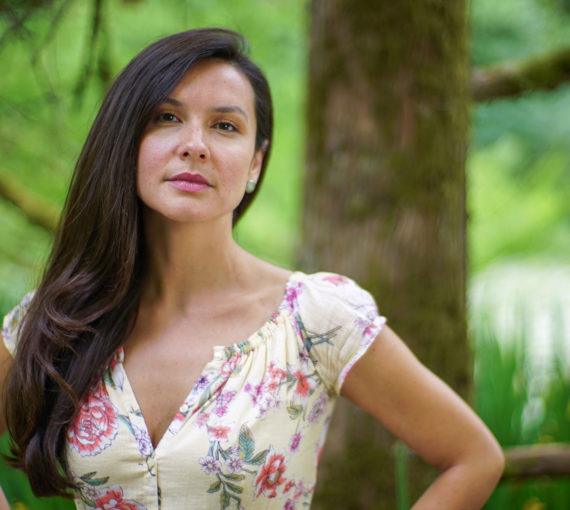
On International Women’s Day 2024, we are thrilled to announce our new board chair, Jocelyn Joe-Strack.
A conversation with Jocelyn Joe-Strack, DSF’s new board chair, as we celebrate the women — past and present — who shape the David Suzuki Foundation, in honour of International Women’s Day 2024.
Jocelyn Joe-Strack hopes we can all slow down. As she reflects on her new position as the David Suzuki Foundation’s board chair from her home in the Yukon, the next generation is always on her mind.
“We need to think in lifetimes. What knowledge can we give our children and young people to implement in their lives and what can they then give to the next?”
Part of this is changing the pace in which we all live: “The culture of ‘go-go-go’ is part of what is driving the climate and wellbeing crisis. We need to honour Earth’s natural rhythms of rest and decay. As we return to this harmony with Earth, we will be happier and closer with each other.”
“We need to think in lifetimes. What knowledge can we give our children and young people to implement in their lives and what can they then give to the next?”
Jocelyn Joe-Strack
Alongside her advisory work to DSF, Jocelyn is lead of the Reconnection Vision, an Indigenous youth-led guide and toolkit for societal transformation that sees us living as whole people and in good relations with ourselves, each other and the land.
Jocelyn is a member of the Champagne and Aishihik First Nation. While her microbiology and biochemistry university studies brought her away from the North, she knew she wanted to return and focused her master’s degree research in her traditional territory.
“I wanted to contribute to my people’s pursuit of self-determination and continue the work of my father and his generation to achieve and realize the vision of our land claim agreements. I became a leader in the Yukon’s climate community and was directed by the chiefs that the youth, our young people, needed to lead climate action. I am now a teacher; I nurture through story, listening, knowledge and belief.”
It’s this education-based societal change work that led Jocelyn to DSF:
“The David Suzuki Foundation has the power to spark hope and belief in change through dialogue and ideas. I believe one of the most important spaces to cultivate potential for change is in education. From preschool to all adults, we can all learn new ways to understand ourselves and our role with Earth.
“I work to reframe climate change as a technical-based problem to a human-, societal- and cultural-based one. We’ve evolved society to a place where we are disconnected from our emotion and spirit, from each other and in turn from Earth. We have run completely out of sync with Earth’s natural rhythms and cycles.
“Indigenous values stem from community and collective belonging and purpose, one that extends from our family to the community to the land. We make decisions from a grounding that is born from our ancestors to generations to come where we think about accountability to all of our relations, including ourselves.
“Dominant discourse is focused on carbon emissions and electric cars and technical innovation. Indigenous values can bring a long view and wholeness to the conversation, one that looks beyond to the ways in which we live, not just what we can measure and consume.”
On International Women’s Day, Jocelyn reflects:
“Today in the Yukon and across many Indigenous communities in Canada, women are rapidly elevating into formal leadership and influence. This comes from our matriarchal culture where our aunties and grandmas are the major authorities. In Indigenous ways, there is always balance. We all have a role to step into the opportunity and hope we are offered in this era of societal evolution. No matter our gender, we all need to offer the best of ourselves for the children of the generations to come.”


